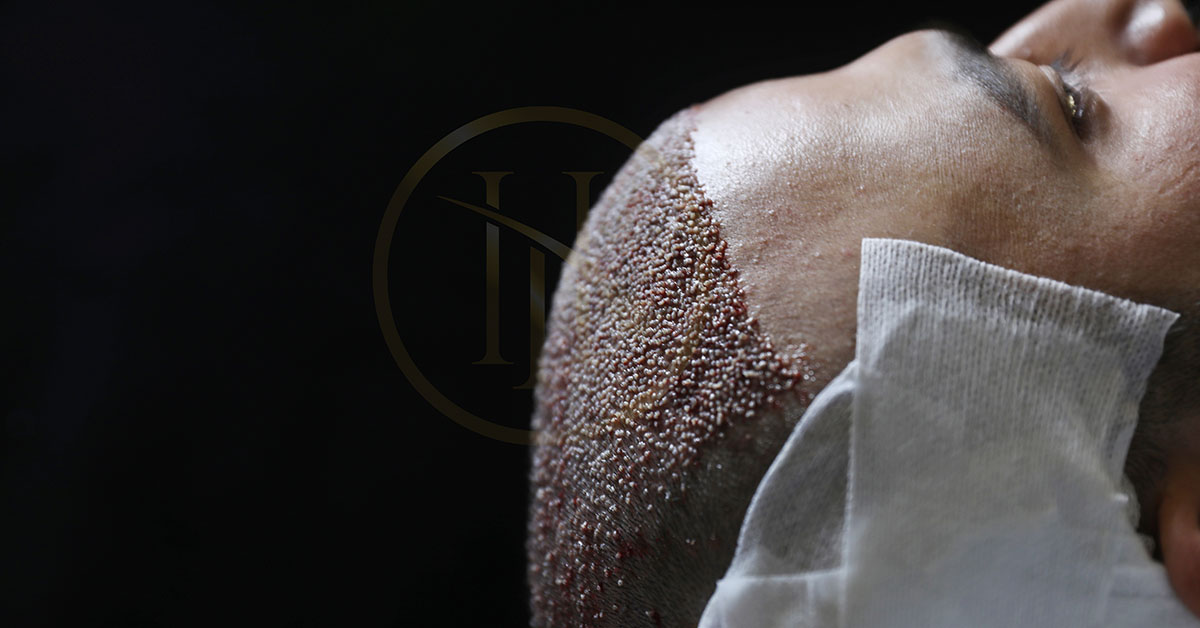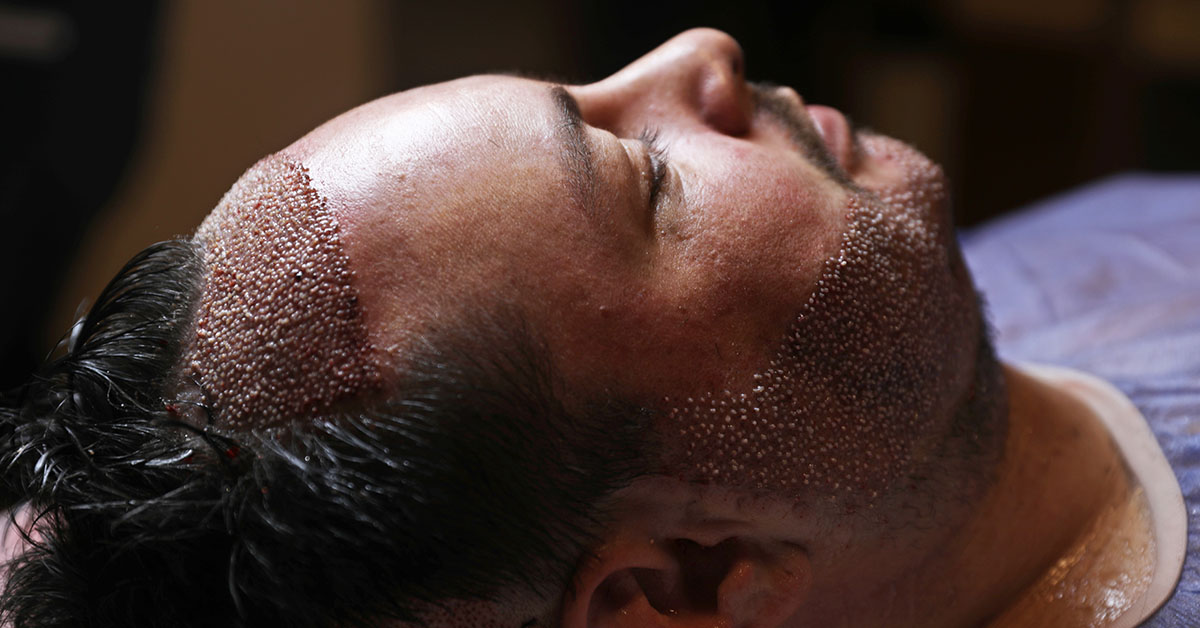Why is It Important to Have a Hepatitis Test before Hair Transplant?
As before any surgical operation, laboratory tests are carried out to detect infectious diseases such as viral hepatitis types and HIV-related AIDS before hair transplant. Let's try to find answers to questions such as what the types of viral hepatitis among infectious diseases are, what are the types of infectious diseases, what are the diagnostic methods and what risks occur in the hair transplant process.
What is Hepatitis?
Hepatitis refers to liver inflammation, however, the word Hepatitis is mostly used to describe viral originated hepatitis disease derivatives (such as Hepatitis A, B, C, D, E). Hepatitis may not only be of viral origin. Excessive alcohol use, autoimmune diseases, and some parasites can also cause hepatitis.

As a result, it can occur acutely (temporarily) and heal by self-limiting or it can become chronic for more than six months. If it becomes chronic, the damage that may occur in the liver can lead to fibrosis and cirrhosis in the future.
Viral Hepatitis Types in Hair Transplant
Let's talk about viral Hepatitis types to be evaluated in hair transplants. It will not be right to have a hair transplant in the acute phase of all diseases. Especially in the acute phase of Hepatitis B, it will be beneficial to wait as the drugs to be used during and after the procedure will have an additional effect on liver enzymes. It would be the right approach to focus on more serious health problems instead of aesthetic concerns.
Hepatitis A Disease and Hair Transplant
It is an oral (fecal) disease caused by the hepatitis A virus (HAV). It develops acutely and heals by itself. It is not a chronic type. As a result of the evaluation of specialist physicians, a schedule for hair transplant can be determined by waiting for the acute phase of Hepatitis A to pass.
Hepatitis B Disease and Hair Transplant
The incidence of this disease caused by the hepatitis B virus is high and it is a riskier type of Hepatitis in terms of the possibility of chronicity. It can be transmitted through blood and body fluids and by close contact or sexual intercourse.
By looking at the Hepatitis B tests (HBsAg and Anti-HBs) in the laboratory, it is easily understood whether you are infected or contagious. As stated earlier, your physician will not consent to the procedure during the acute phase of the disease. However, if it does not become chronic, a hair transplant can be performed under certain conditions. Your doctor will decide to operate or not.
Additional precautions will be required if you are a carrier of hepatitis B. Although healthcare personnel is generally vaccinated against this disease, the procedure should be done more carefully to avoid contamination to specialist physicians and personnel who will operate.
During the harvesting of the grafts and their placement by transplanting, there will inevitably be blood, and the use of punch devices used in the process with utmost care may prolong the hair transplant period. Since it is a blood-borne viral disease, the treated areas will also need a special cleaning after the procedure.
Hepatitis C Disease and Hair Transplant
It is a type of viral hepatitis caused by the hepatitis C virus (HCV). It is seen in 70 million people in the world and is seen in one in every 100 people in our country. There is no known vaccine.
Hair transplant is not performed during the acute phase of this disease, it may become chronic and cause cirrhosis. Hepatitis C disease is also transmitted through blood. It is not a sexually transmitted disease unless it is traumatic and there is no bleeding during intercourse. Since the healthcare personnel has a high risk of contamination during a hair transplant, hair transplant is not performed in individuals with this disease.

Hepatitis D Disease and Hair Transplant
Caused by the Hepatitis Delta virus (HDV), this disease is the most severe type that is known. Hepatitis B virus needs the presence of the hepatitis D virus to cause disease. The two can be watched together (Comorbidity), although the possibility of being infected by two viruses at the same time is very low.
It is also transmitted through blood, body fluids, and sexual intercourse. This disease can survive the acute period and recover; however, it can cause liver fibrosis, cirrhosis, and liver cancer if it lasts longer than 6 months. Although there is no HDV vaccine, the Hepatitis B vaccine is generally used as a precaution. In this disease, hair transplant, which will be done only with aesthetic concerns, also poses an obstacle due to the risk of serious contamination and additional health problems caused by liver damage caused by drugs used during a hair transplant.
Hepatitis E Disease and Hair Transplant
Hepatitis E disease due to Hepatitis E virus (HEV) is an endemic viral Hepatitis disease that is transmitted orally (fecal) from contaminated water or food and is more common in countries in tropical and subtropical regions. It does not tend to become chronic after the acute phase.
In developing countries with cleanliness problems, it is common and although there is an effective vaccine, there is a problem in being widely available. It is very rare in our country and is known as a traveler's disease. If you are planning a trip to India, Pakistan, Nepal, Myanmar, China, East African countries, it is a disease that you should pay attention to. Except for the acute phase of the disease, a hair transplant can be performed in line with the decision of your specialist.
HIV (AIDS) Disease and Hair Transplant
The AIDS disease (Acquired Immune Deficiency Syndrome) caused by the HIV (Human Immunodeficiency Virus) virus is an immunosuppressive disease that targets the immune system of our body. Even the flu can be fatal in these patients. It is transmitted through sexual intercourse or blood. In addition to its contagiousness, hair transplant is not suitable for AIDS patients due to the additional risks that may occur in patients.




